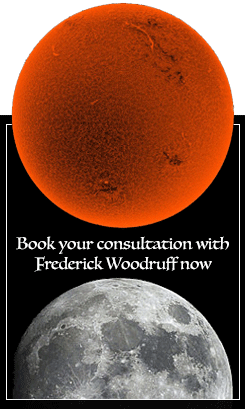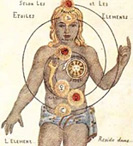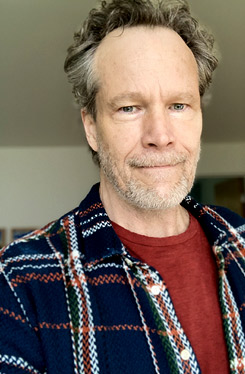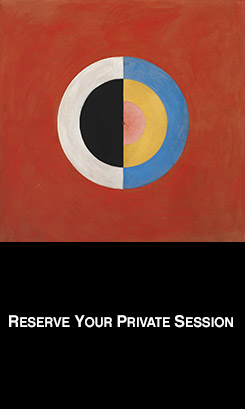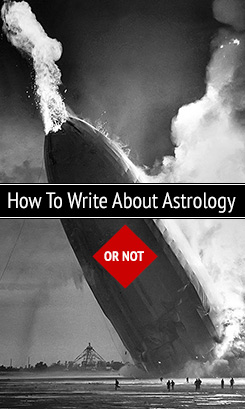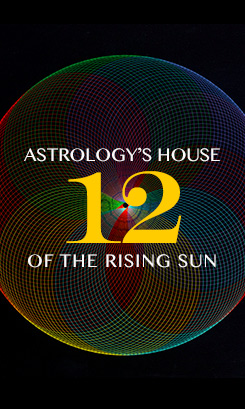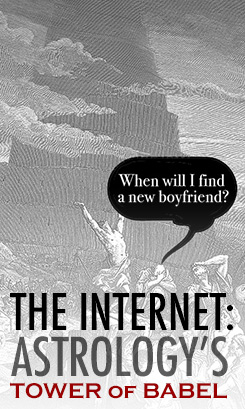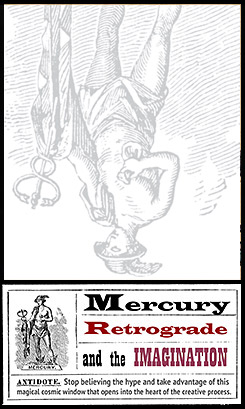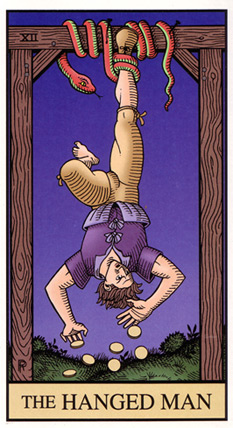Cosmic Stall and The Hanged Man
To stall is to procrastinate. That’s the usual connotation of the word stall. And procrastination implies a conscious kind of non-action on the part of the procrastinator. But there is another definition taken from the world of aviation. A mechanical stall is a malfunction in the flight of an aircraft in which there is a sudden loss of lift that results in a downward plunge. “The plane went into a stall and I couldn’t control it.”
Can you relate?
With both Saturn (the prime mover) and Mars (the feisty shaker) in retrograde motion, our direction, our sense of time, our desire (Mars) for a forward momentum (Saturn) — all of our leaning toward and lunging for is, well, suspended — left dangling. So when someone asks you, “What are you up to?” You can say, in all honesty, “Just hanging around.” Or if you’re a more melodramatic type: “Man, I’m going down.”
So, while you’re falling why not pick a card — any card.
Of all the various versions of the Tarot’s Hanged Man (Pamela Colman Smith’s glowing, haloed figure or Aleister Crowley‘s eerie ankh-hung Spiderman) I like the simplicity of Robert Place‘s rendering — taken from his Alchemical Tarot deck — the best. I also think Place’s Hanged Man is more true to the initial stages of frustration that one experiences when she first notices that her airplane has gone into a stall.
Place animates his Hanged Man with a thrashing motion of the body and an angry, perplexed countenance. The man is definitely rebelling against his predicament. And all that he has acquired within the normal, forward motion of time, is falling from his hands. Read more
New Moon Watch: The Envy of Achievement
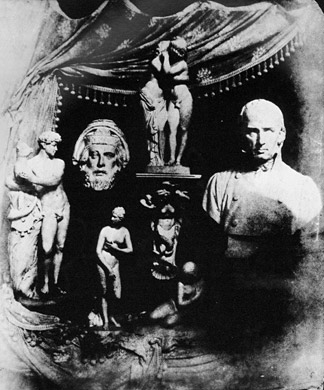
“The Ancients weighed the achievement of an individual by the sum and substance of his actions. Most of Plutarch‘s biographies–for example, of Themistocles, Alcibiades, Pompey, and Antony— are heroic assortments of virtues and vices, clear renderings of the psychological diversity and paradox which seem almost indispensable components of historic greatness.
We moderns, on the other hand, influenced by our religion, qualify all our estimation with a surgical standard of moral purity.
For the ancients, virtue was action, accomplishment, contribution; for us it is an essence so pure and fragile in nature that a beaker of goodness can be ruined by a dram of sin.
Dante makes his beloved teacher, Brunetto Latini, a sufferer in hell, because all his memorable virtues were combined with a single serious vice. Francis Bacon is almost never mentioned as a historical figure without reference to the single act of malfeasance which, deftly exploited by an enemy, ended his political career. The grievous and numerous faults of Winston Churchill are expounded upon interminably by the beneficiaries of the free institutions he fought to save.
And this stubborn altruism, often so extreme as to constitute a conspiracy against nature, extends beyond our histories into our daily lives. Shunning peccadillos, we suffer infamies. Anxious to avoid even appearing to do harm, we lose touch with the necessarily hazardous practice of goodness. We use rectitude to mask our envy of achievement.”
The Joy of Simply Being: Happy Two Thousand Zen!
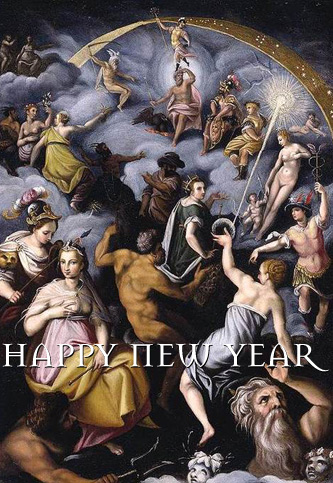
–H.P. Blavatsky
I like how Blavatsky uses the word ‘wish’ when she describes the opportunity that awaits each of us at the start of a new year. A wish is different from a desire, or an idea in the mind about what we think we want. The word wish connotes a blending — not exactly a desire, not exactly a prayer — but something in-between. A silent ceremony that occurs between one’s soul (the personal experience of presence) and one’s Being (one’s existence and presence as the divine).
The fascinating fact about Being is that Being is not intrinsically involved with wanting, desiring or wishing. It’s much more immediate, beyond the confines of time and space. It is simply Being. As presence that is fully present, Being is simply being. Although our soul can register Being as being involved in the process of thinking about the past, registering the present and looking towards the future — objectively, Being is only about being. All the beauty, fulfillment and freedom that the ego dreams about ‘someday achieving’ is all contained, now, within the present-time experience of Being. So there’s nowhere to venture, nothing to get. This is very disturbing to the usual, conventional, ego-based sense of self.
The start of a new year is often a trap for us, because there are such high expectations for experiencing opportunities to do or be something new and different. Resolutions are made, lists are written. The habits we want to lose are noted, the skills we want to develop are highlighted. But within all of that resolving and planning we miss the most important part of what the new year symbolizes — what it is really about. Namely, the opportunity to partake of another cycle of the earth moving around the sun, from solstice to solstice. Another year to experience the mystery of Being. Read more
